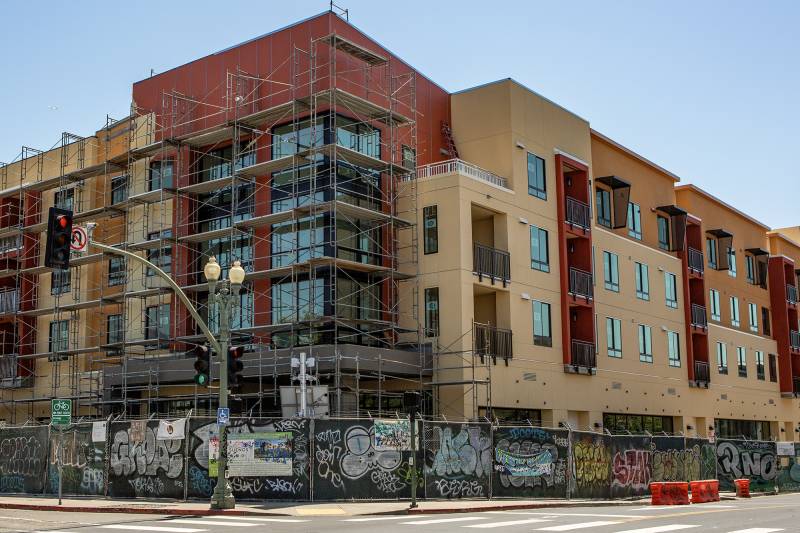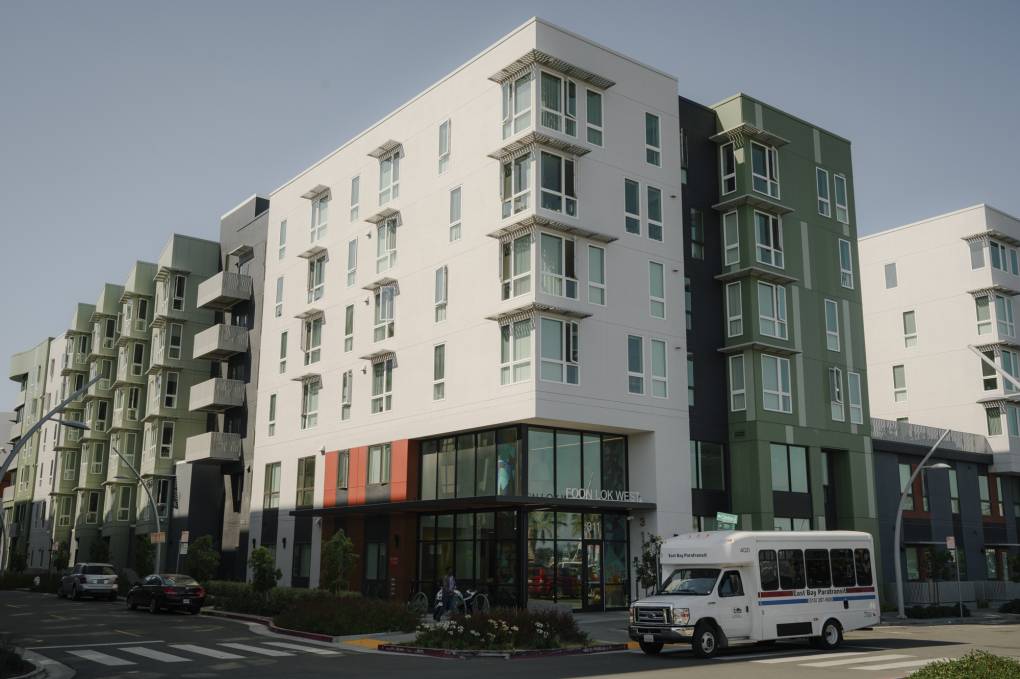“I do think it’s gonna be very consequential but it’s kind of flown under the radar,” Alvarez said.
His explanation why: “The politics of where Californians are and certainly where the Legislature is — we want to see results. We want to see housing being produced.”
Taken together with a handful of other bills and current laws, said Mark Stivers, a lobbyist with the California Housing Partnership, which co-sponsored AB 1449, the new legislation “effectively makes it possible for affordable housing providers to develop nearly all viable sites in California by-right and exempt from CEQA review.”
Speeding up approval for these projects comes with a trade-off. Environmental justice organizations, labor unions and various opponents of new development see CEQA as a vital tool to weigh in on what gets built, where and under what terms.
“Our communities rely heavily on CEQA to be able to get more information about proposed developments that might be contributing to further pollution,” said Grecia Orozco, a staff attorney with the nonprofit Center on Race, Poverty and the Environment.
Local activists also often flood the public meetings of city councils and planning boards to pressure elected officials to block unpopular projects or extract concessions from developers.
Whether AB 1449 and a handful of similar bills become law is now up to Gov. Gavin Newsom. Supporters have reason to be optimistic. The Newsom administration is pushing local governments to approve an unprecedented 2.5 million additional homes by 2030, he called the CEQA process “broken” and in the spring he rolled out a package of bills aimed at speeding up environmental challenges to projects — though housing was not included.
He has until Oct. 14 to sign or veto the bills now sitting on his desk.
A patchwork of carve-outs
The Alvarez-Wicks bill isn’t the first legislative effort to grease the skids for new affordable housing.
Two others, both authored by San Francisco Democratic Sen. Scott Wiener, would force local governments to automatically approve apartment buildings in housing-strapped parts of the state and most affordable housing projects on the properties of houses of worship and nonprofit colleges, so long as they comply with a list of zoning, affordability and labor requirements.
A third piece of legislation by San José Democratic Sen. Dave Cortese exempts the decision by local governments to fund affordable housing projects from environmental challenges, too. Newsom already signed it.


